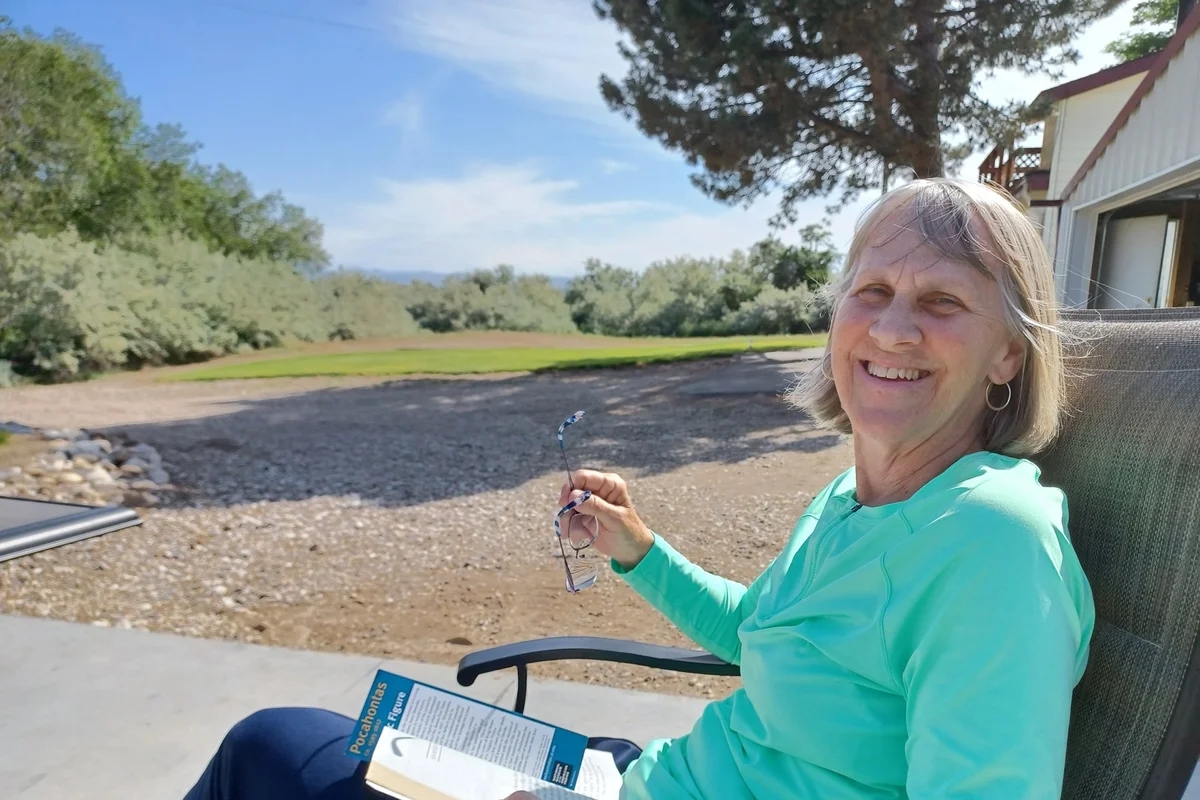Since my decision to donate my brain for scientific study, people often ask why. My response: it all begins with love.
My passion lies with supporting 13 women (on both my mother’s and father’s sides) whose lives have been devastated by dementia.
Losing my mother to dementia was unimaginable and unbearably heartbreaking, yet she was an intelligent and outgoing individual who would greet strangers in checkout lines at supermarkets with open arms – she loved people deeply in return!
At around 70 years old, her behavior became unpredictable and unpredictable. I recall helping her fill out some paperwork when I asked her for her Social Security number; in response she suddenly stopped speaking and started searching her purse instead of answering me directly.
“Mom, do you realize it is unwise to keep your Social Security card in your purse?” I warned.
Her eyes glared at me in anger. At that moment, I realized how important it was not to scold her despite my age or maturity.
My mother had forgotten both her Social Security number and where to locate its card. Over time, this would become one of her many misfortunes; she would forget where she lived, who her husband had been, that their parent were both long gone, forget to buy groceries, forget meals altogether.
My mom, like several women in my family, suffered from vascular dementia. The condition emerged following multiple small strokes. Although she did not smoke or have diabetes (both factors that can increase stroke risks), as an athlete she had an increased risk.
My mom continued to deny anything was amiss as her symptoms worsened, becoming upset whenever any of us expressed our worries over her cognitive deterioration. She didn’t want to lose her independence – who does? But dementia isolated her from her community; leaving even close family members wondering “What did they do to make her dislike me so?”
My mother — the funny and gracious woman who could beat you easily at bridge and swim laps around you — seemed to be gradually disappearing from our lives. It was devastating.
My sisters and I knew we couldn’t do much to stop her decline, not even doctors were powerless against it. So it came down to us as the “bad guys”, having to move her into an assisted living facility ourselves – making us the ones responsible.
Dementia can be excruciatingly long-lasting; my mother lived to be 89, yet spent the final five years of her life living as an inanimate corpse unable to communicate, silent and immobile – an embodiment of life gone mute and silent.
My children’s memories of their grandmother consist largely of her worst moments; instead, I’d prefer that they could remember more about the first seventy years than just her humiliating last days.
Once I became a grandmother myself, the dementia that had affected so many in my family struck a blow to my spirit. Holding my sweet 6-week-old granddaughter close, I became acutely aware that dementia had taken hold in me as well. With no one around to provide help or advice regarding treatment for future women in my family lineage, my own mortality became increasingly uncertain.
One day I was listening to an NPR special about the severe need for brains for research purposes in multiple fields, including Alzheimer’s disease and dementia, Parkinsons, autism and concussion. Brain banks have been established around the country as well as an initiative called The Brain Donor Project; additionally I was surprised to discover that checking off organ donation boxes on driver licenses does not ensure brain donation at death.
As soon as I heard about Brain Donor Project, I knew I wanted to donate my brain — diseased or healthy — in hopes that it could advance understanding about dementia. After filling out and sending in an application on their website, I quickly received an acceptance letter and 24-hour phone number so my family could contact them upon my death. Once my brain had been extracted and sent off for processing at its nearest facility, my body would then be returned directly back home for burial or cremation if that is desired.
Donating my brain to science doesn’t strike me as an act of great selflessness or sacrifice; after death it will likely just shut off. Even if there’s some other life out there after this one, my organs won’t need my brain anymore to experience whatever awaits us there.
Talking about all this in light of ChatGPT and society’s questions regarding AI technology’s potential effect is particularly interesting to me, because it seems we shouldn’t necessarily fear what artificial brains can offer as much as we fear what our own can take from us. I find this perspective particularly profound: when thinking about intelligence in terms of its effects on humanity.
Hopeful that other individuals, whether with or without history of brain disease, will consider brain donation as well. Donating won’t hurt anyone but could provide great opportunities for science to study this vital and intricate organ of our bodies.
Do you have a real women, real story that you would like to share with us? Get in touch and tell us.
Real Women, Real Stories is a collection of authentic experiences of real-life women shared by HealthyWomen members. Any views expressed herein do not reflect an official policy or position taken by HealthyWomen.
